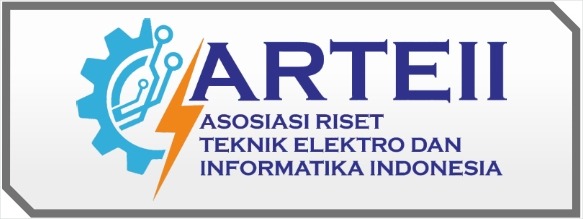Navigating Conscious Unbossing: Understanding Gen Z's Reluctance Towards Traditional Leadership Roles
DOI:
https://doi.org/10.69930/jsi.v2i3.390Keywords:
Generation Z, conscious unbossing, traditional leadershipAbstract
This research explores the phenomenon of "conscious unbossing" among Generation Z professionals, examining their reluctance toward traditional hierarchical leadership structures. Through a mixed-methods approach combining surveys (n=427) and in-depth interviews (n=32) with Gen Z professionals (born 1997-2012) across technology, education, healthcare, and finance sectors, this study identifies key factors influencing their leadership preferences. Findings reveal that Gen Z professionals prioritize collaborative decision-making (78.3%), purpose-driven work (82.6%), and work-life integration (76.5%) over traditional power structures. Their leadership philosophy emphasizes distributed authority, technological fluency, and authentic engagement. The research identifies four unbossing archetypes: Digital Facilitators, Purpose Champions, Autonomy Advocates, and Collective Decision-Makers. Organizational implications include restructuring leadership development programs, implementing reverse mentoring initiatives, and creating flatter organizational structures. This study contributes to understanding evolving workplace dynamics, offering practical recommendations for organizations seeking to engage Gen Z talent effectively while navigating the transformation toward more collaborative leadership paradigms. The findings suggest that organizations must reimagine leadership frameworks to align with Gen Z's values of inclusivity, authenticity, and shared responsibility.






















